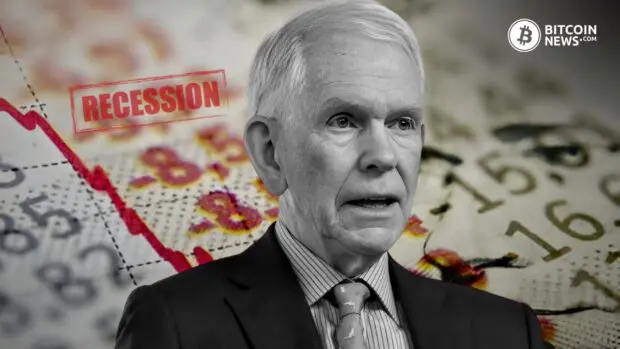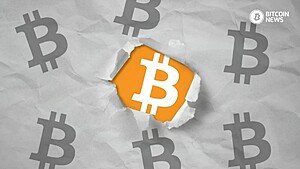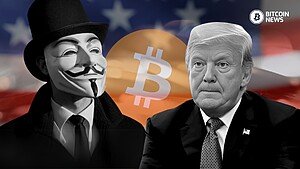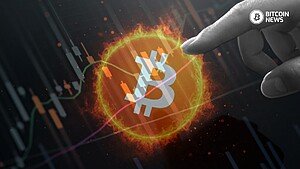Jeremy Grantham recession signs are not limited to economy, and extend to his recent assertion regarding the AI bubble. He contends that the fervor surrounding AI stocks, sparked by the introduction of OpenAI’s ChatGPT in 2022, provided a reprieve from the impending burst of the 2021 COVID-19 stimulus bubble.
Who is Jeremy Grantham?
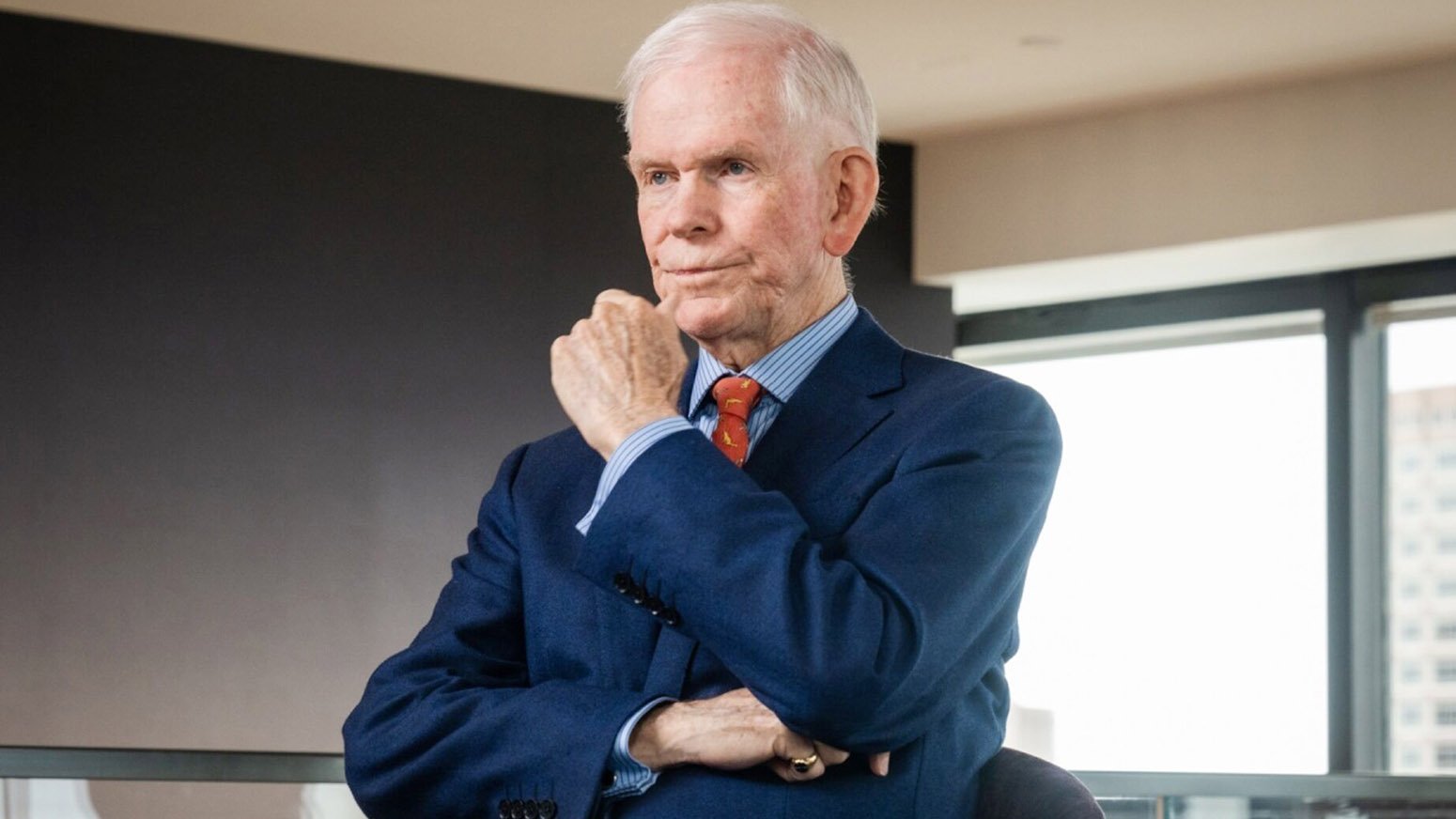
Jeremy Grantham, born on October 6, 1938, is a prominent British investor known for co-founding Grantham, Mayo, & van Otterloo (GMO), a highly respected asset management firm. Grantham’s investment approach is grounded in value investing principles, and he has gained recognition for his ability to forecast major market bubbles, such as the Japanese stock market bubble in the late 1980s and the dot-com bubble of the late 1990s.
Beyond his contributions to the financial sector, Grantham has been a vocal advocate for addressing environmental challenges. He emphasizes the importance of sustainable investing and has written extensively on the economic implications of climate change and resource scarcity.
Grantham’s educational background includes degrees in Economics from the University of Sheffield and Harvard University. A commitment to long-term investment strategies and a keen awareness of market trends have marked his career.
Grantham’s Doomsday Oracle
Jeremy Grantham is renowned for his ability to identify market bubbles and predict economic downturns. While he hasn’t specifically predicted every recession, he has made several notable forecasts that have garnered attention for their accuracy. Some key instances include:
- Japanese Stock Market Bubble (Late 1980s): Grantham was among the few analysts who correctly identified the speculative bubble in the Japanese stock market during the late 1980s. He warned investors about the unsustainable rise in Japanese equities and advised caution before the eventual crash in the early 1990s.
- Tech Bubble (Late 1990s): Grantham sounded the alarm on the dot-com bubble in the late 1990s when many technology stocks were experiencing exorbitant valuations despite minimal or no earnings. He cautioned investors about the irrational exuberance surrounding internet-related companies, correctly predicting the subsequent market crash in 2000.
- Housing Bubble and Financial Crisis (2007-2008): Grantham was one of the few voices warning about the housing bubble and its potential to trigger a broader financial crisis. He highlighted the excessive risk-taking in the housing market, the proliferation of subprime mortgages, and the unsustainable rise in home prices. Grantham’s early warnings proved prescient as the housing market collapsed, leading to the global financial crisis in 2008.
- Chinese Bubble Concerns (2010s): In the early 2010s, Grantham expressed concerns about a potential bubble in the Chinese economy, particularly in its real estate and credit markets. He warned investors about the risks of investing in China amid rapid credit expansion and speculative excesses. While China did experience a slowdown and faced challenges, a full-blown crisis did not materialize as of the time of writing.
“House prices are in genuine bubble territory in the U.S., Britain and many other markets. In Britain and in some critical large cities in the U.S., for example, the multiple of family income has risen to over six times from below four times, and in London last year the percentage of first-time buyers was the lowest since records began.”
– Source
It’s crucial to acknowledge the formidable challenge of forecasting financial markets. Shedding light on Jeremy Grantham’s forecasting accuracy, an article published by management.com in 2023 offers valuable insights.
“Among the notables with poor accuracy scores were Jeremy Grantham, 41%; Marc Faber, 39%; Jim Cramer, 37%; Abby Joseph Cohen and Gary Shilling, 34%; and Robert Prechter (famous for the Elliott Wave Theory), 17%…”
– Source
Jeremy Grantham Recession Sign 2024
More recently, Grantham argues that the investment frenzy surrounding AI stocks, fueled by the debut of OpenAI’s ChatGPT in 2022, served as a temporary buffer against the bursting of the 2021 COVID-19 stimulus bubble.
He highlights the conspicuous signs of a bubble reaching its peak in 2021: investor euphoria, a surge in companies rushing to go public, and the early decline of “highly volatile speculative leaders.” These indicators hinted at an impending market correction, with the situation exacerbating as the following year unfolded.
Despite the evident warning signs, the introduction of ChatGPT and the subsequent excitement surrounding AI investments provided a distraction, deflecting attention away from the underlying fragility of the market. This delay in reckoning only postponed the inevitable market correction, allowing the bubble to swell further before ultimately bursting.
“Looking backwards, what happened to our 2021 bubble? The Covid stimulus bubble appeared to be bursting conventionally enough in 2022 – in the first half of 2022 the S&P declined more than any first half since 1939 when Europe was entering World War II…”
– Source: The Great Paradox of the U.S. Market! (gmo.com)
“A new bubble within a bubble like this, even one limited to a handful of stocks, is totally unprecedented,” he wrote in a Monday blog post. “The best guess is still that this second investment bubble — in AI — will at least temporarily deflate.”
– Source
During an interview with Bloomberg Television, Jeremy Grantham elucidated the concept of a “superbubble,” amplifying the market peril posed by the COVID-19 bubble of 2021 into a superbubble propelled by AI and other macroeconomic factors.

